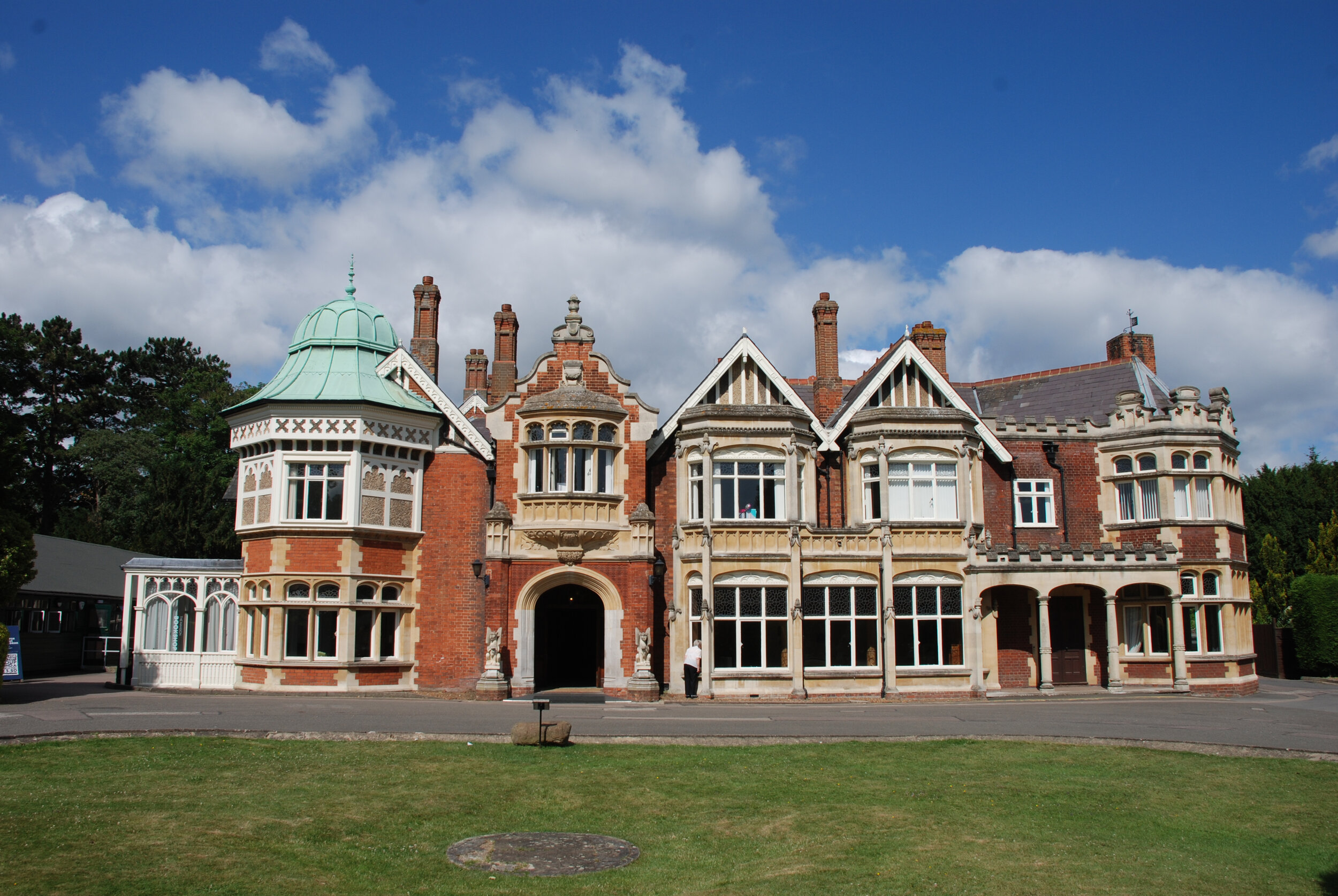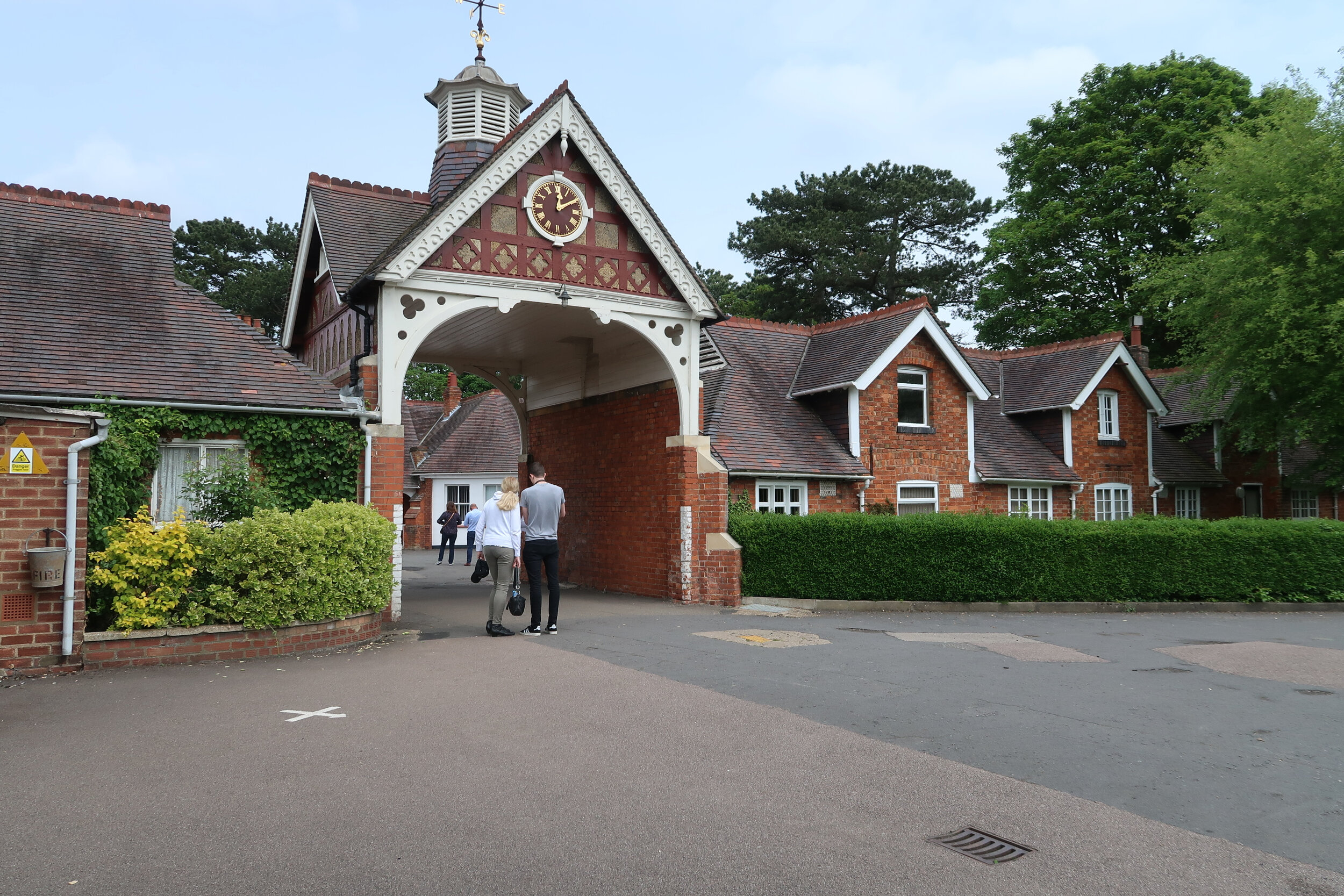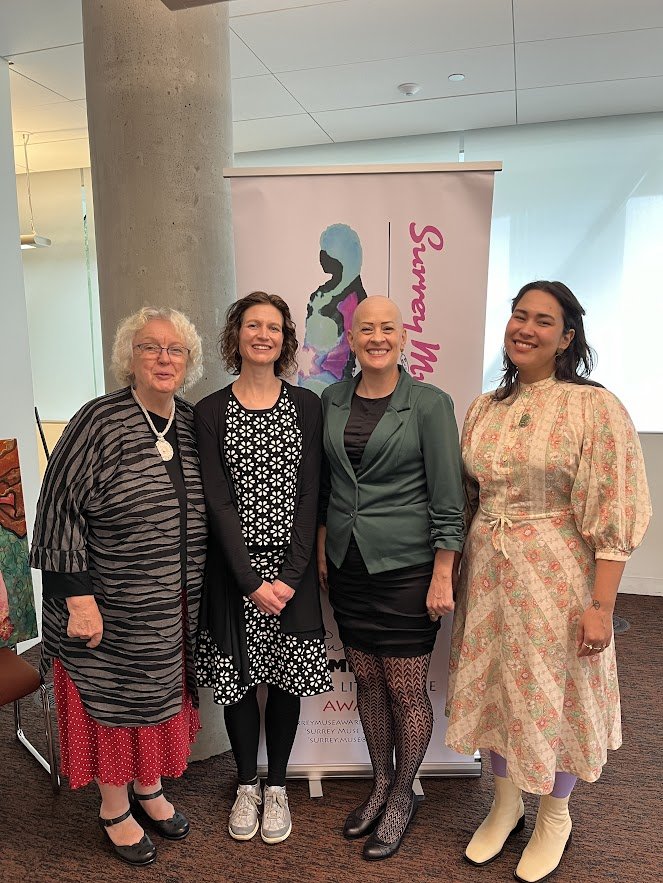
Carol’s Musings
- Art and Artists 1
- Metaphorical expressions 1
- books and writers 659
- canadiana 458
- cultures and civilizations 877
- esl 36
- featured 20
- friends 27
- home and family 1
- humour 28
- inner adventure 179
- memories evoked 167
- motherhood and family 35
- music and poetry 156
- nature and wildlife 450
- teaching 19
- weather and seasons 285
The Spiral Staircase by Ethel Lina White: narration
I suspect many contemporary novelists would be scandalized by the nimble flexibility of the narrator used by White in this remarkable novel. Omniscient narrators are currently out of fashion.
“There lies the port; the vessel puffs her sail”
The quotation is from Ulysses, by Tennyson and it was in our high school English book. The year I left our small town to attend university in the city, these words symbolized the idea of seeing the wider world beyond our town, and I couldn’t wait.
This week I took Rosemary Sutcliff’s children’s version of The Odyssey out of the library, wondering if it would interest my grandchildren. As I leafed through to look at Alan Lee’s beautiful illustrations, I realized that I’d never actually read the tale, central though it is to the culture that has surrounded me all my life.
Literary Analysis of “I Want You,” by Bob Dylan
Like much of Bob Dylan’s other work, the lyrics are complex, expressing conflict between lovers, unrequited yearning for the unavailable object of love, and philosophical reflections on the meaning of life, as well as pride and self-doubt.[1]
City of Destruction by Vaseem Khan
Like the earlier books in the Malabar House series, this one has an intricate plot that must be unraveled by the delightful Persis Wadia, the newly independent India’s first woman police inspector. With those who govern the new nation already pulling in different directions, Persis manages to stop a lone young man from assassinating a hawkish politician.
Grace Notes by Bernard MacLaverty
“Music can scourge the heart.” The tone of this novel’s opening is poignant, almost elegiac. Showing the musician through a series of moments that echo and return and flow into her compositions, MacLaverty transports us into the heart, mind, and soul of Northern Irish composer Catherine Anne McKenna.
Artist Rajni Perera talks about her work at Surrey Art Gallery
Asked by an audience member how long it took to produce one of her amazing paintings, she replied that she needed no preliminary drawings, and could complete a painting in 3 or 4 long days. “I am a portal,” she said. “Since the artistic expression comes through me, I know what it’s supposed to look like.”
An African History of Africa by Zeinab Badawi
We are all descended from African ancestors, Zeinab Badawi tells us, laying out recent scientific discoveries about this and well as giving us some fascinating glimpses into the development and migration of early humans.
Question 7 by Richard Flanagan
Flanagan’s memoir of his father—though it is far more than simply a memoir—imparts fascinating historical information as well as rewarding food for the soul and imagination.
Books read in 2024
In 2024 I read only 101 books, the same number as in 2023 and 21 fewer than the year before. Guess I’ve been doing more writing, so that’s all good.
Carol Tulpar Writer Historic Fiction
Thinking back over my year, I recall this interview by Dorothea Hendriks as a highlight. She’d a great interviewer and it was a lot of fun talking to her about my writing. Finishing a line edit on Unspoken History was another thrilling moment from late 2024. May 2025 be the year I find an agent/publisher!
Cooling like a pie on a window sill
Phew. The first novel is done in my Secrecy Trilogy is done. I’m still seeking an agent, so it’s hot off the printer, rather than the press. Now, like a pie on a windowsill, it’s cooling off while I pitch it to agents.
An Officer and a Spy by Robert Harris
The Author’s Note at the beginning of this novel is a highly unusual disclaimer. Harris aims to “use the techniques of a novel to retell the story of the Dreyfus Affair,” which he characterizes as “perhaps the greatest political scandal and miscarriage of justice in history.” “None of the characters,” we learn, “is wholly fictional.”
Delighted with Ashcroft Onions
One good thing that came out of the changes in available produce was the arrival of Ashcroft onions in local farm markets. In the past, except when buying Okanagan fruit and vegetables at the farms where they were grown, I’ve always had to buy imported onions — most often from Washington or California.
There are rivers in the sky, by Elif Shafak
As Shafak says in her final note to the reader, “beyond the borders of time, geography and identity,” water connects us all. The author has dubbed her latest work a love song to rivers. “Fluid bridges, they “link one bank to the other, the past to the future, the spring to the delta, earthlings to celestial beings, the visible to the invisible…the living to the dead.”
Death at the Sign of the Rook by Kate Atkinson
It’s always a joy to read Kate Atkinson’s work. This latest Jackson Brodie adventure struck me as even wiser and more hilarious than the wonderful stories of his previous exploits. When the story opens, Jackson, now sixty and a grandfather, has been house-hunting. However, he’s just overcome “several weeks being sensible and mature” and bought a brand-new “rugged, blokey” Land Rover Defender. After all, he reflects, “you could live in a Defender if you had to, “but you couldn’t drive a house.”
Table for Two by Amor Towles
In the opening story, a husband and wife move from the country to Moscow during the Russian Revolution. Irina, the convinced communist, is a brilliant foil for her husband Pushkin, whose character evolves in an entirely different direction.
The Glass Maker by Tracy Chevalier
I just finished listening to The Glass Maker. The structure of this riveting novel expresses the fluidity of time while providing a wide canvas for the author to paint the history of Venice and Murano. We see through the eyes of Orsola Rossi, whose glass making family have lived and worked on Murano for centuries.
Surrey Muse gathering
This afternoon I was honoured to take part in the 139th iteration of the monthly Surrey Muse reading series at the Central Branch of Surrey Public Library. Since I read first — a short story and the opening of my novel Unspoken History, I was relaxed and focused on hearing the presentations of the other contributors.
James by Percival Everett: a dramatic literary lesson
Writers often talk about point of view and it can be challenging for novelists to differentiate the “povs” of different characters.
Reading Percival Everett’s novel is a dramatic demonstration of the vital importance of point of view in fiction—and indeed in life.





















